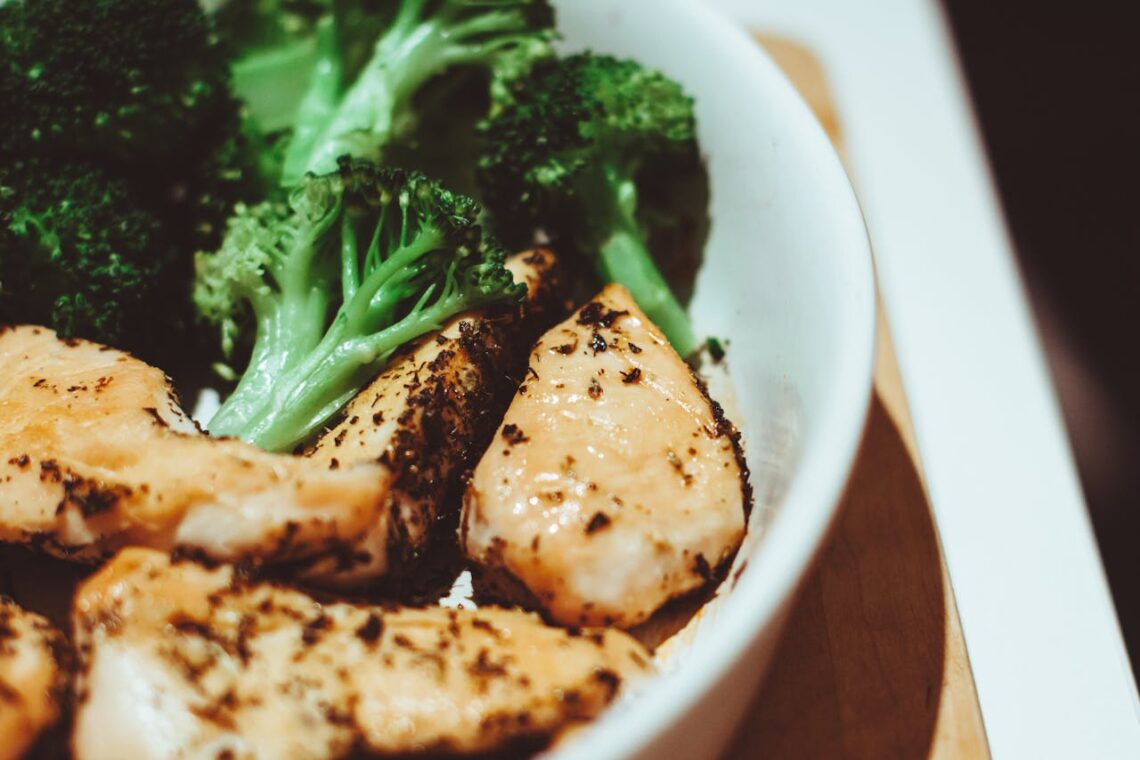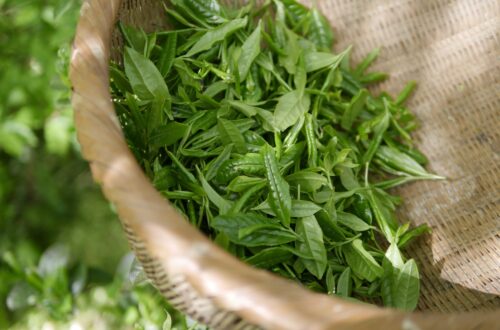
Top Foods for Brain Health You Can Eat Right Now
When it comes to maintaining optimal brain health, what you eat plays a crucial role.
Your brain requires a variety of nutrients to function effectively, and incorporating brain-friendly foods into your diet can enhance cognitive performance, memory, and overall mental well-being.
In this comprehensive guide, we explore the top friendly foods for brain health that you can eat right now.
Packed with data, research, and actionable tips, this post aims to answer all your questions about nourishing your brain with the right foods.
The Importance of Brain Health

Before diving into specific foods, let’s understand why brain health is so critical.
The brain is the command center of your body, responsible for controlling thoughts, memory, emotions, touch, motor skills, vision, breathing, temperature, hunger, and every process that regulates your body.
A healthy brain enhances your quality of life, enabling you to think clearly, learn new information, and retain memories effectively.
According to the World Health Organization (WHO), cognitive decline is a growing concern globally, with dementia affecting around 50 million people in 2020, a number expected to triple by 2050.
Ensuring your brain gets the right nutrients can significantly impact your cognitive health, potentially delaying or preventing the onset of neurodegenerative diseases.
Top Friendly Foods for Brain Health
1. Fatty Fish for Brain Health
Fatty fish like salmon, trout, and sardines are rich in omega-3 fatty acids, which are essential for brain health.
Approximately 60% of your brain is made of fat, and half of that fat is comprised of omega-3 fatty acids.
These fats are crucial for building brain and nerve cells, and they also have anti-inflammatory properties.
Research: A study published in Neurology found that people with high levels of omega-3s had increased blood flow to the brain and performed better on cognitive tests.
Recommendation: Aim to consume at least two servings of fatty fish per week to maintain optimal brain health.
2. Blueberries
Blueberries are packed with antioxidants, specifically anthocyanins, which have been shown to improve brain function.
These antioxidants help protect the brain from oxidative stress and reduce inflammation.
Research: A study in the Journal of Agricultural and Food Chemistry highlighted that blueberry supplementation improved memory and motor skills in aging rats.
Human studies also suggest that blueberries may delay brain aging and improve memory.
Recommendation: Incorporate a cup of blueberries into your diet daily, whether as a snack, in smoothies, or as a topping for yogurt.
3. Turmeric
Turmeric, a spice commonly found in curry, contains the active compound curcumin, which has been shown to cross the blood-brain barrier and has potent anti-inflammatory and antioxidant benefits.
Research: A study published in the American Journal of Geriatric Psychiatry found that people who took curcumin supplements experienced significant improvements in memory and attention abilities compared to those who took a placebo.
Recommendation: Use turmeric in cooking or consider a curcumin supplement to leverage its brain-boosting benefits.
4. Broccoli for Brain Health
Broccoli is a great source of antioxidants and vitamin K, which is believed to support brain health.
Vitamin K is essential for forming sphingolipids, a type of fat that is densely packed into brain cells.
Research: Studies suggest that older adults who consume higher amounts of vitamin K have better memory performance.
Recommendation: Include at least one serving of broccoli in your meals every day to reap its cognitive benefits.
5. Pumpkin Seeds for Brain Health
Pumpkin seeds are rich in magnesium, iron, zinc, and copper.
Each of these nutrients plays a critical role in brain health: magnesium for nerve signaling, iron for oxygenating the brain, zinc for nerve communication, and copper for controlling nerve signals.
Research: Zinc deficiency has been linked to numerous neurological conditions, and studies suggest that adequate intake of zinc can enhance cognitive function.
Recommendation: A handful of pumpkin seeds daily can provide a nutritious, brain-boosting snack.
6. Dark Chocolate
Dark chocolate and cocoa powder are packed with brain-boosting compounds, including flavonoids, caffeine, and antioxidants.
Flavonoids are a group of antioxidant plant compounds that may enhance memory and slow down age-related mental decline.
Research: A study in Frontiers in Nutrition indicated that consuming dark chocolate can improve brain plasticity, which is crucial for learning and memory.
Recommendation: Enjoy a small piece of dark chocolate with at least 70% cocoa content daily.
7. Nuts
Nuts, particularly walnuts, are excellent for brain health due to their high levels of DHA, a type of Omega-3 fatty acid.
DHA has been shown to improve cognitive performance and prevent age-related cognitive decline.
Research: A study in the Journal of Nutrition, Health & Aging revealed that women who consumed nuts regularly over several years had a sharper memory compared to those who didn’t.
Recommendation: Incorporate a variety of nuts into your diet, aiming for a handful each day.
8. Oranges
Oranges are an excellent source of vitamin C, which is crucial for preventing mental decline.
Vitamin C is a potent antioxidant that fights off the free radicals that can damage brain cells.
Research: A study published in the Journal of Alzheimer’s Disease found that higher vitamin C intake was associated with improved cognitive function in elderly individuals.
Recommendation: Consume one medium-sized orange daily or drink a glass of fresh orange juice to ensure your brain gets enough vitamin C.
9. Eggs
Eggs are a rich source of several nutrients tied to brain health, including vitamins B6 and B12, folate, and choline.
Choline is an important micronutrient that your body uses to create acetylcholine, a neurotransmitter that helps regulate mood and memory.
Research: Studies suggest that higher intakes of choline are linked to better cognitive performance and memory.
Recommendation: Eating eggs regularly, such as for breakfast, can provide the necessary nutrients to support brain function.
10. Green Tea
Green tea contains caffeine and L-theanine, which can improve brain function.
L-theanine increases the activity of the inhibitory neurotransmitter GABA, which has anti-anxiety effects, and increases dopamine and the production of alpha waves in the brain.
Research: Research published in Psychopharmacology showed that the combination of L-theanine and caffeine in green tea had a particularly potent effect on improving alertness and attention.
Recommendation: Enjoy a cup of green tea daily to benefit from its brain-enhancing effects.
Conclusion
Maintaining brain health is crucial for overall well-being and quality of life.
By incorporating these top friendly foods into your diet, you can nourish your brain and support its functions effectively.
Remember, consistency is key; making these foods a regular part of your diet can lead to long-term benefits.
If you found this guide helpful, consider sharing it with others who might benefit from these brain-boosting dietary tips.
For more detailed insights and updates on health and wellness, stay tuned to our blog.
References:
- Neurology study on omega-3s and brain health
- Journal of Agricultural and Food Chemistry on blueberries and cognitive function
- American Journal of Geriatric Psychiatry on curcumin’s effects on memory
- Studies on vitamin K and cognitive function
- Journal of Nutrition, Health & Aging on nuts and memory
- Journal of Alzheimer’s Disease on vitamin C and cognitive function
- Psychopharmacology on green tea’s cognitive benefits
By prioritizing these nutrient-rich foods, you are taking a significant step towards preserving and enhancing your brain health. Eat well, think well, and stay well!
Got value from this post? Show some love and share it with your friends!




